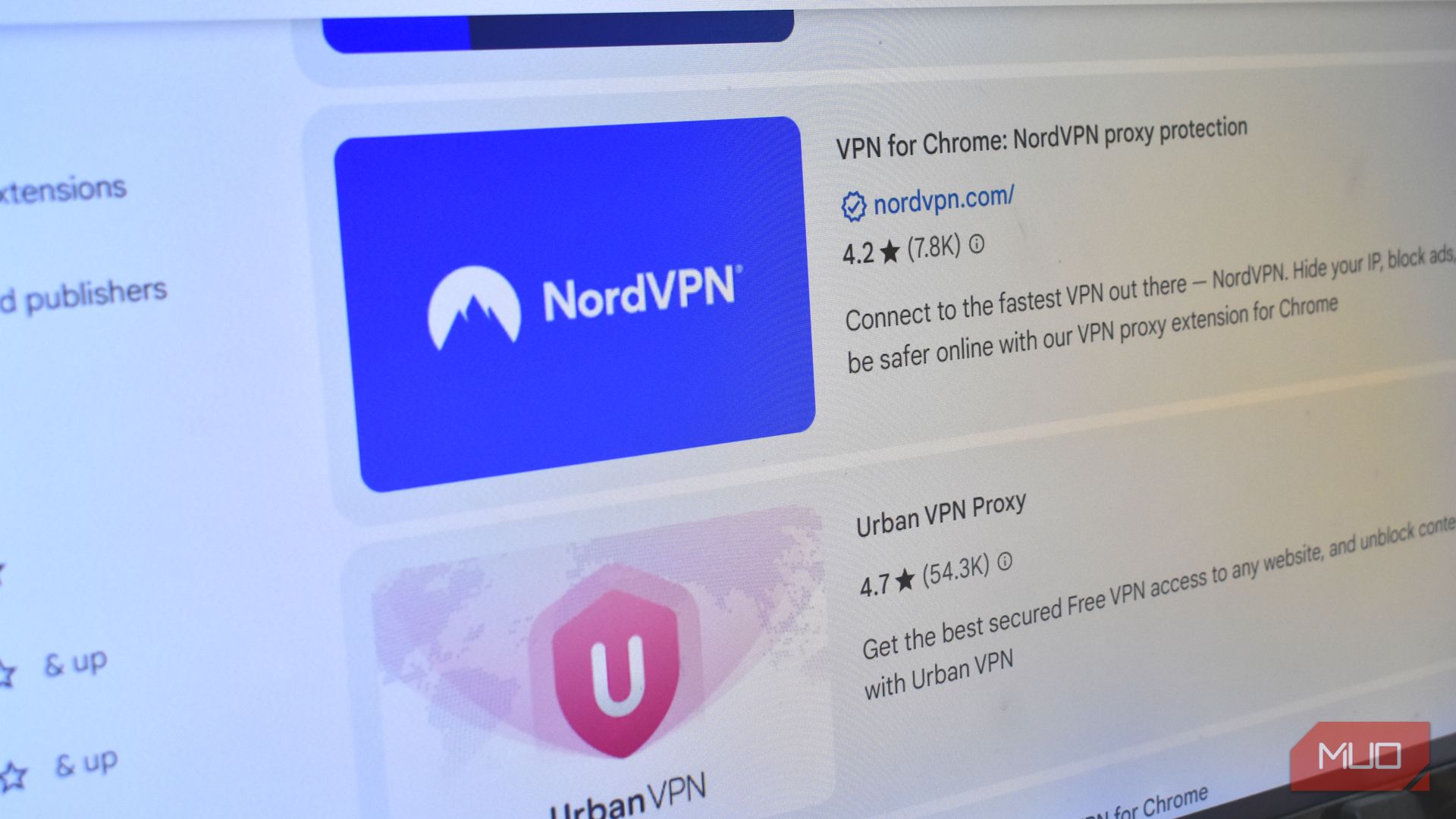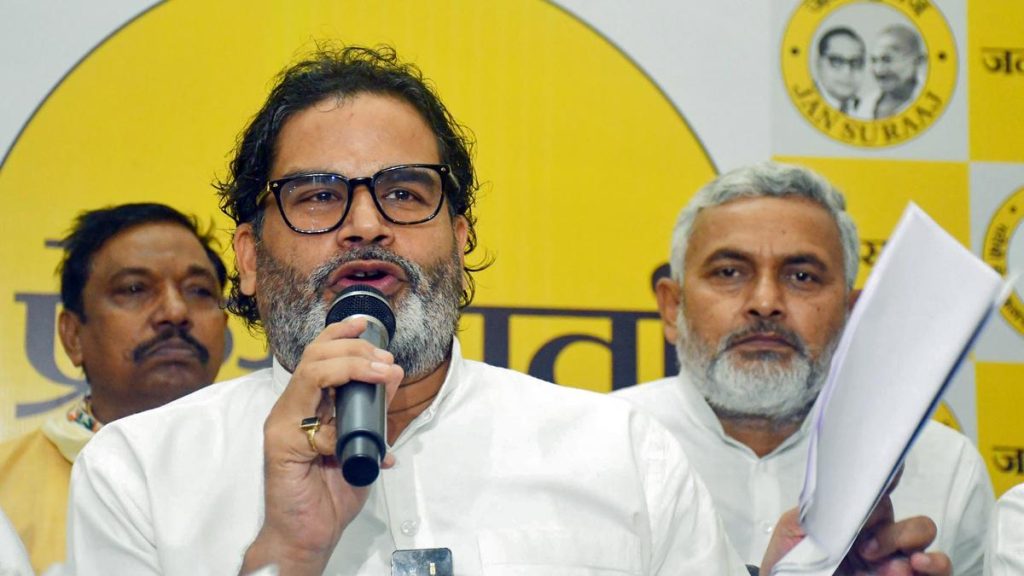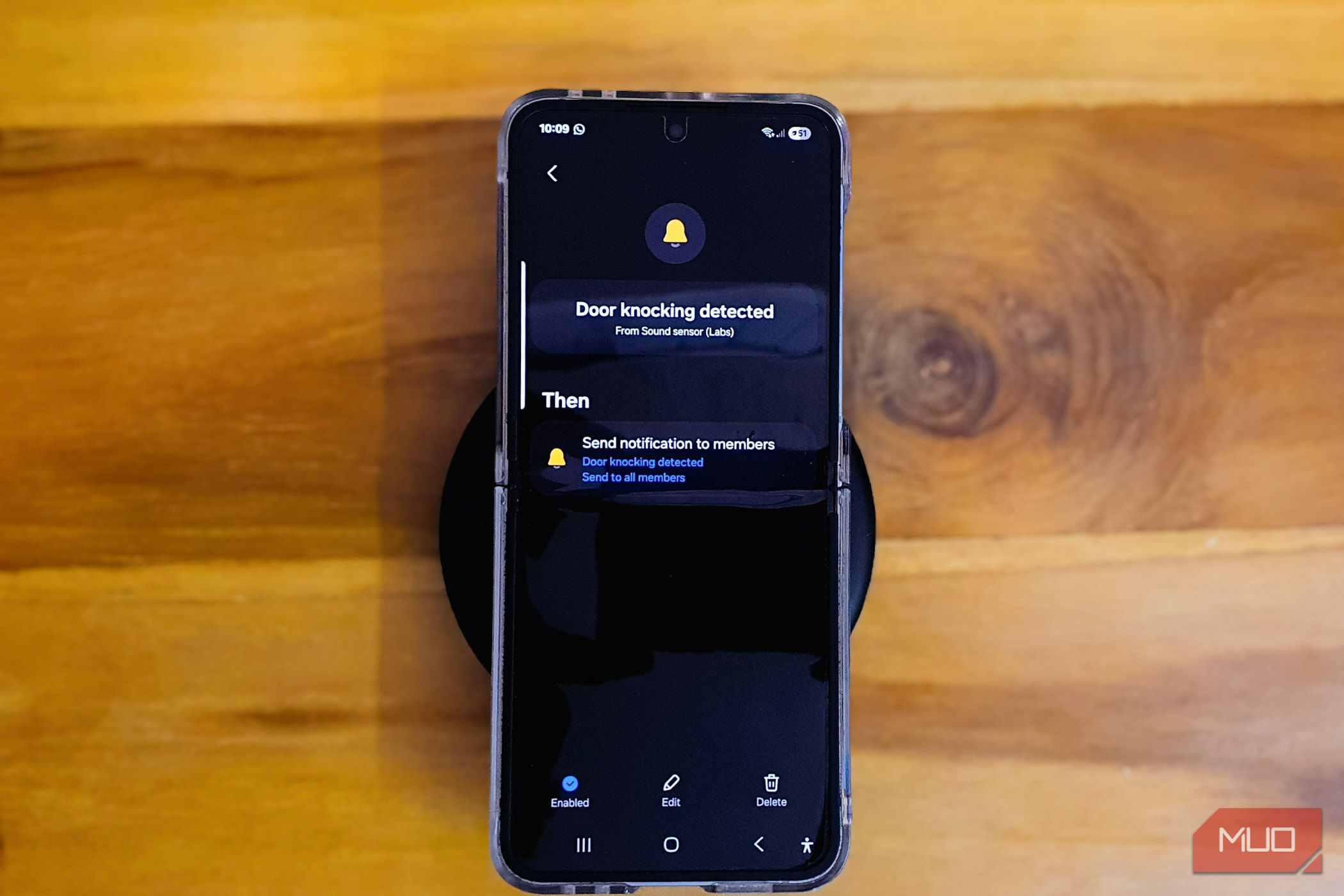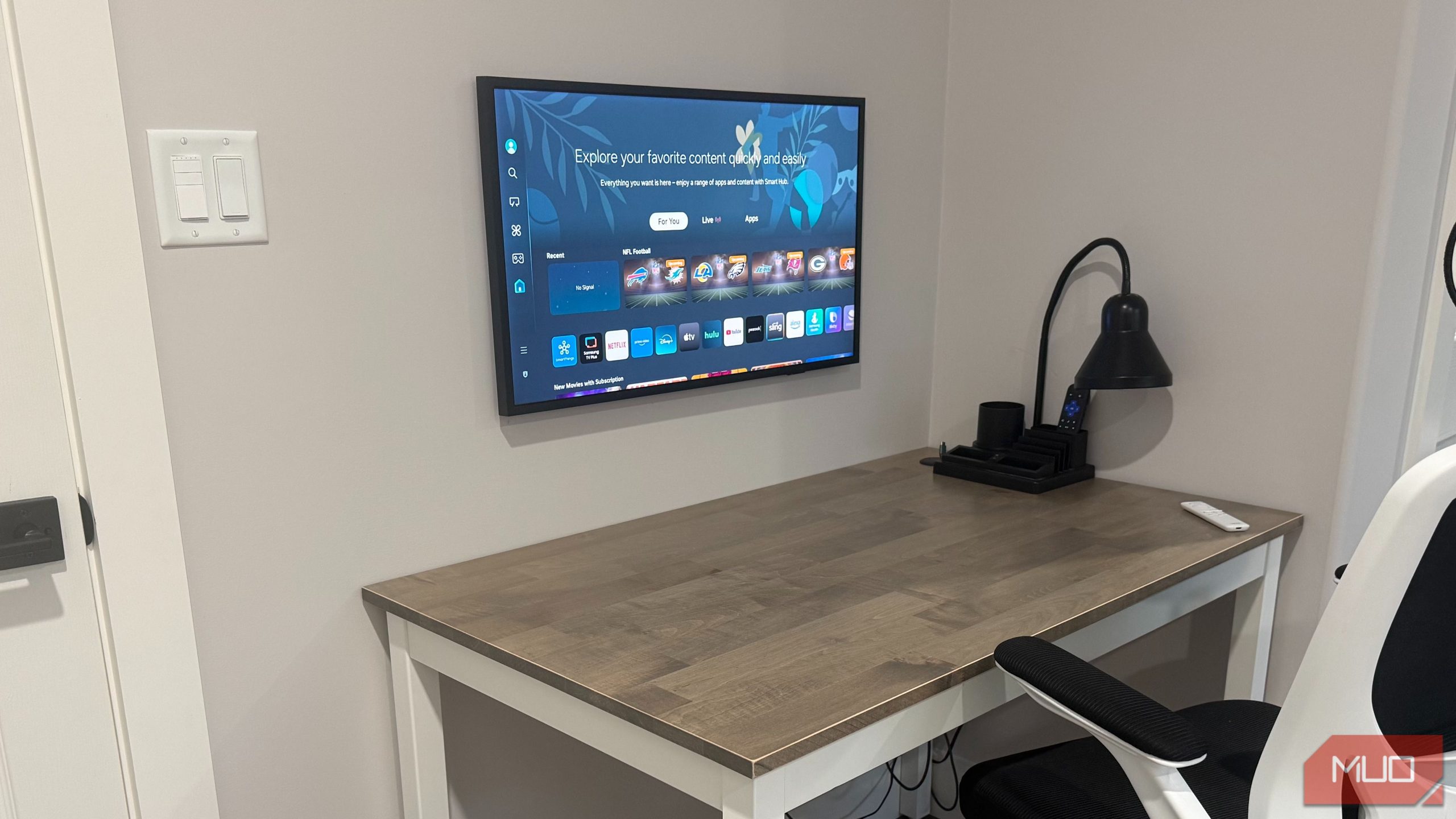Now Reading: Why I Stopped Using Browser VPNs-and You Might Too
-
01
Why I Stopped Using Browser VPNs-and You Might Too
Why I Stopped Using Browser VPNs-and You Might Too

fast Summary
- Browser VPNs, often perceived as secure privacy tools, have important shortcomings compared to full-device VPNs.
- Key issues with browser vpns include:
– Limited encryption for browser traffic only; other apps and systems remain exposed.
– Manny operate as HTTPS proxies rather than actual VPNs, leaving DNS queries vulnerable.- Data logging by some browser VPN providers undermines user privacy despite claims of no-log policies.
- Many free browser VPN services collect sensitive data (e.g.,IP addresses and browsing history) for commercialization or analytics purposes.
- Performance drawbacks are common, including slower speeds and fewer server options than premium alternatives. This impacts activities like streaming, gaming, or accessing region-locked content.
- Trustworthy alternatives recommended include:
– Full-device privacy-focused solutions like Mullvad or IVPN with no-log policies.
– DNS-level protection through tools like NextDNS or AdGuard to block trackers at the system level.
– Self-hosted VPN servers for maximum control and transparency.Read More
Indian Opinion Analysis
India’s increasing adoption of digital technology calls for robust cybersecurity measures both at an individual and systemic level. The widespread penetration of smartphones makes users susceptible to online threats if half-measures like inadequate browser-based “VPN” solutions become popular.
The limitations discussed in this report highlight broader implications-privacy-focused cybersecurity tools need better awareness among Indian users who may otherwise turn to free services that log sensitive data. Given the rising prevalence of cybercrimes and growing concerns over data monetization without consent locally in India, this further underscores the necessity of stringent policy frameworks around transparency within such tech businesses.
For Indian consumers navigating cost constraints yet seeking heightened security, investing in trusted full-device solutions appears critical rather than overrelying on misleading “free” offers that could invade personal data sovereignty long-term.























